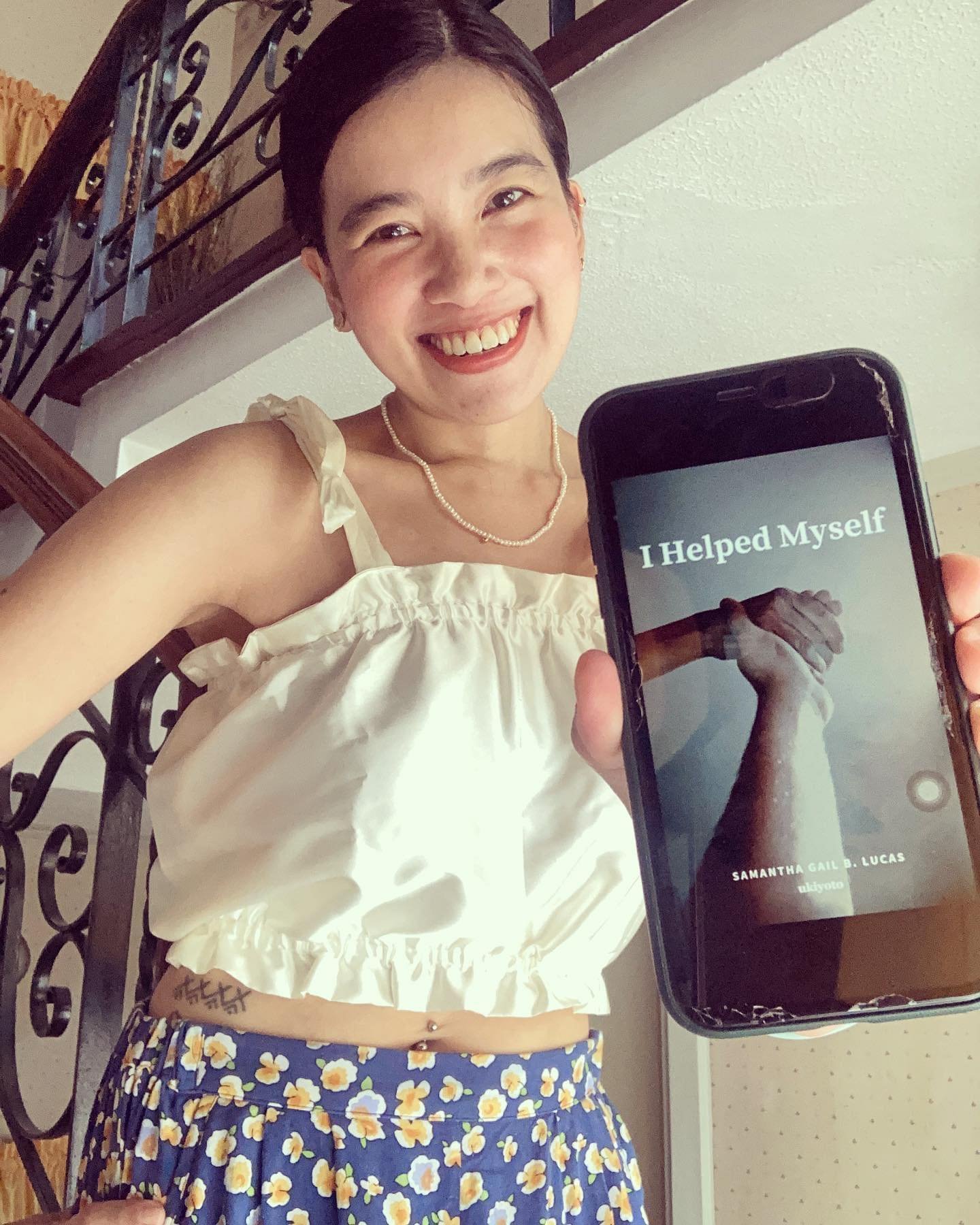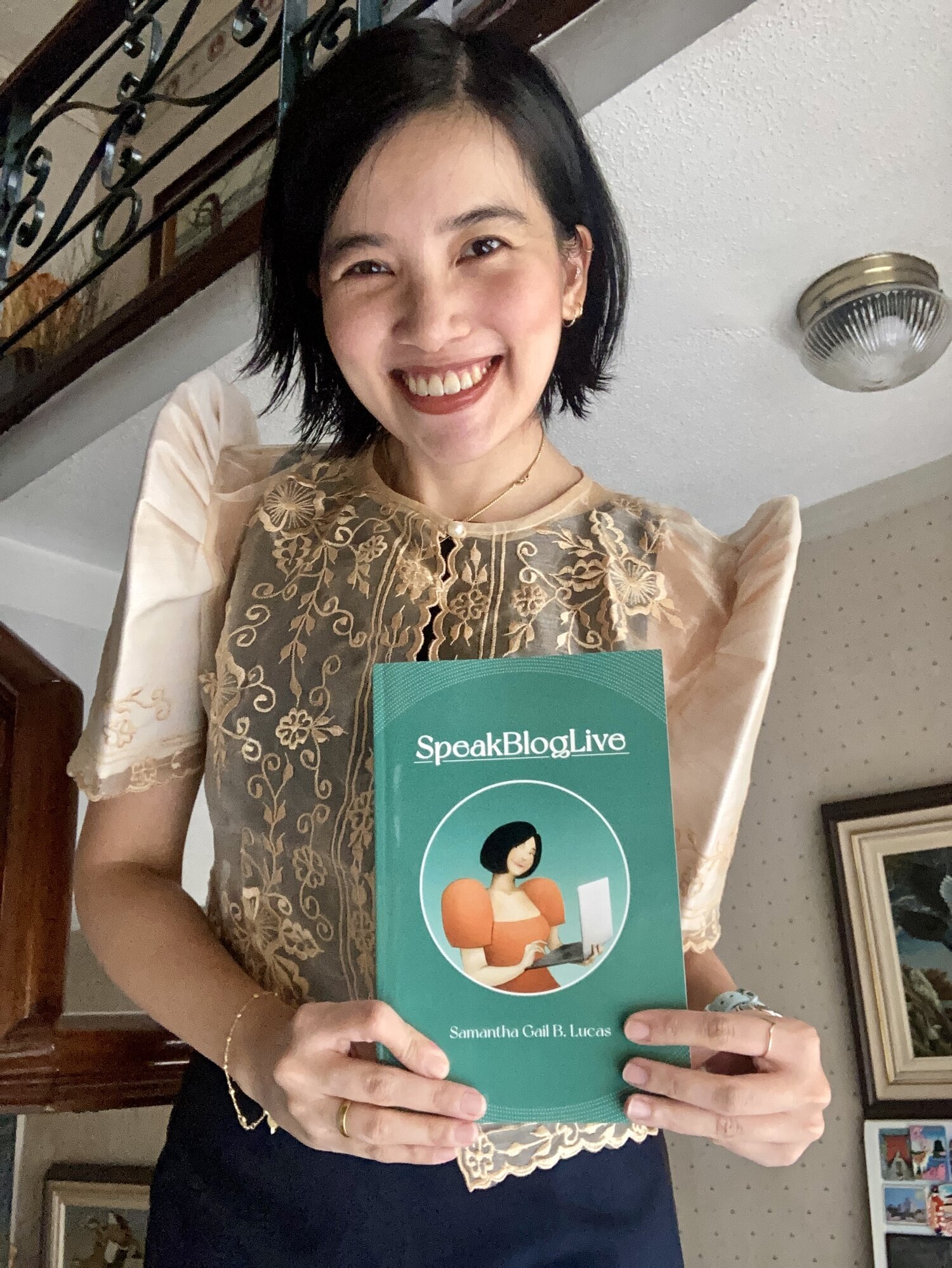With lush, experimental production and disarmingly honest lyrics, Owusu delivers a compelling mixtape about heartbreak, loss, and identity
Filipino-Ghanian artist Jewel Owusu has released her new mixtape project, the end of everything on all digital music platforms worldwide.
The eight-track EP captures the fragility, resilience, and transformation that come with endings—be it ordinary or life-altering—but experienced through the turbulent lens of youth.
At once poetic and piercing, the end of everything explores what it means to come undone and be rebuilt, weaving existential reflection with sonic experimentation. Owusu’s songwriting unearths the nuanced devastation of loss, heartbreak, and disillusionment, but with hope still clinging behind the trail.
“When you’re young, everything from minor inconveniences to life-shattering moments can feel equally devastating, as if the world is collapsing around you,” shares the Australia-based pop act. “This project captures the journey of coming to terms with an imperfect reality, uncovering the cracks in relationships, worldviews, and expectations that once seemed unshakable.”
The art of endings
Across its eight songs, the end of everything transforms endings into a kaleidoscope of emotion and experience, with each track serving as a mirror for the different ways we lose and rediscover ourselves. From the grief-laden stillness of “this is the end” to the aching surrender of “don’t let me go” and the existential unraveling of “self-importance,” Owusu delivers a collection that feels deeply personal and universally resonant.
Described as the project’s anchor points, “slip away” and “self-importance” reveal a more vulnerable side of Jewel Owusu. “The former captures the sonic and emotional atmosphere I wanted for the EP,” she says. “It conveys isolation and the feeling of being out of place while growing up. The latter, on the other hand, reflects on how humans create meaning to cope with existence and death, and how those beliefs can sometimes lead to a heightened sense of ego.”
The recurring motif of the mouse threads through the project’s conceptual heart, a metaphor for fragility and endurance amidst chaos. In Owusu’s world, the mouse represents tact and survival, a symbol of power within powerlessness. It embodies the emotional landscape of the record: the tension between fear and resilience, control and surrender.
A sonic evolution
Produced alongside a cohort of talented collaborators, including HAMLEY, Dylan Guy, Aria Wood, Dugong, and Jarrod Jeremiah, the EP marks a remarkable pivot for Owusu in terms of songwriting and sound. Known for her genre-blending approach and tender storytelling, she expands her sound on the eight-track mixtape through textured production, layered vocal effects, and experimental arrangements, all while retaining her pop appeal.
“This project is definitely an evolution of my sound. I experimented a lot with vocal production, pushing my voice in new ways,” Owusu reflects. “My collaborators and I played around with different types of distortion and layered a lot of FX into the backing vocals, which is something I had not explored as deeply before. A great example is the final track, ‘cut my hand,’ where so many of the textures were created using my voice.”
Working closely with HAMLEY, who also mixed the entire project, gave the EP a unified, cohesive sound while preserving its emotional volatility. The result is a collection of songs the feels cinematic yet intimate, built from a palette of melancholic synths, subtle percussions, and affecting vocal performances that oscillate between fragility and defiance.
Following the shimmering, playful tones of her previous EP, Jool Wave, Owusu now ventures into darker, more introspective territory. “Jool Wave was a lot more experimental and leaned into a cute, bubbly sound,” she shares. “The End of Everything has a grittier sonic soundscape that matches its themes. I feel like I’m growing into an artist who is more honest in their writing—unafraid to say exactly what I think.”
That honesty is what makes the end of everything so arresting. Each track feels like a page torn from a private journal, confessional set to soundscapes that shimmer between melancholy and transcendence. Whether reflecting on the end of belief, love, ego, or belonging, Owusu reveals the moment when endings give birth to renewal—the realization that even in the ruins, something soft remains.
“I hope that listeners feel a sense of hope on the other side of whatever they’re going through,” she says. “Even the darkest moments will eventually pass.”
Track list – the end of everything:
1. this is the end
Written and performed by Jewel Owusu
Produced by Jarrod Jeremiah and Jewel Owusu
2. don’t let me go
Written and performed by Jewel Owusu
Produced by HAMLEY
3. mouse
Written and performed by Jewel Owusu
Produced by Jewel Owusu, Dylan Guy and Aria Wood
4. spark
Written and performed by Jewel Owusu
Produced by Aria Wood
5. slip away
Written and performed by Jewel Owusu
Produced by Jewel Owusu and Dylan Guy
6. self-importance
Written and performed by Jewel Owusu
Produced by Dugong Jr
7. bed
Written and performed by Jewel Owusu
Produced by HAMLEY
8. cut my hand
Written by Jewel Owusu and Craig Bishop Ngatupuna
About Jewel Owusu
Jewel Owusu has always felt like she lives in the space in between—between sounds, between cultures, and between versions of herself that are constantly shifting.
As a Filipino-Ghanaian artist and producer, she’s forging a new path in alternative electronic pop—one that’s as unfiltered and dynamic as she is.
Born in Hong Kong and raised in New Zealand, Jewel’s music is a melting pot of influences. Combining elements of electronic, dance, indie pop, rock, and more, her sound blends every experience that inspires her.
Now based in Melbourne, Australia, Jewel has been garnering eyes through international shows, showcases at SXSW Sydney and Music Matters in Singapore, national tours, and an overflowing headline show.
She has been recognized as an artist to watch, won Triple J Unearthed's collaboration competition, and caught the eye of major outlets such as Rolling Stone, Complex, Colors Studio, MTV, Triple J, and TikTok.
In Jewel’s world, music and visuals are more than just art—they are spaces for transformation and self-expression, where imperfection is not only welcomed but celebrated.
Source: Nyou



